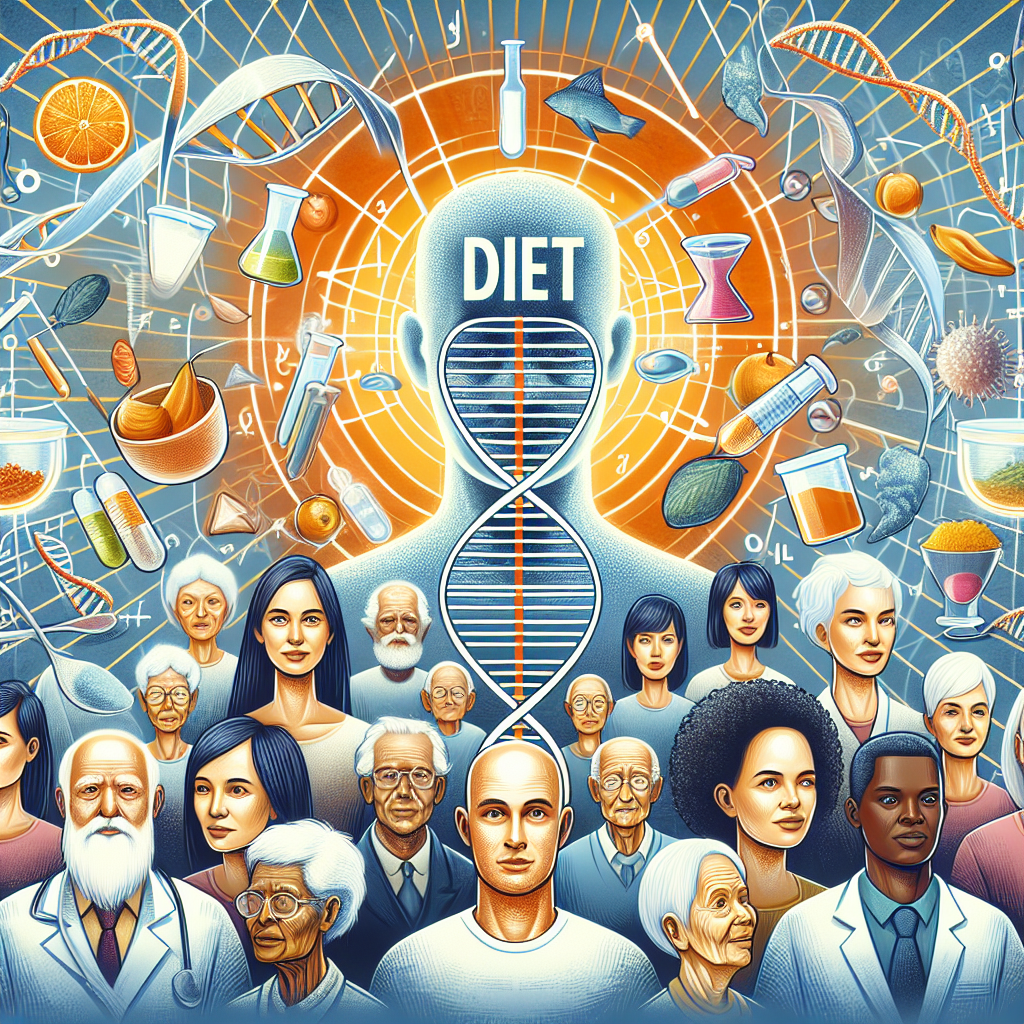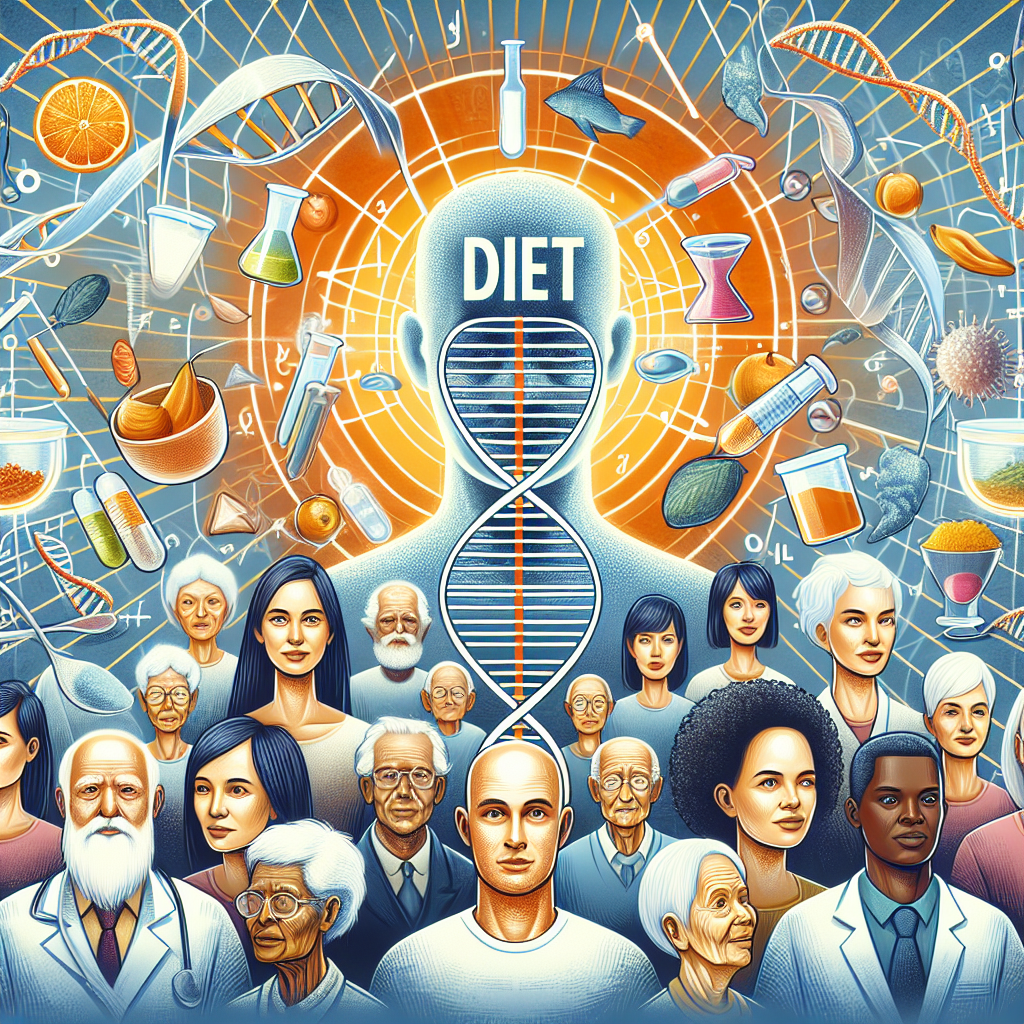Have you ever wondered how long a person can survive on just two foods? In a world where food choices seem limitless, it’s hard to imagine restricting yourself to only a couple of options. However, some people have ventured into the fascinating experiment of the “Lifespan Diet” – a diet consisting of just two staple foods. This intriguing concept challenges our perceptions about nutrition and the human ability to adapt, making us question whether less really is more when it comes to what we eat. Join us as we explore the unconventional journey of those who have attempted to survive on just two foods and uncover the surprising results that may leave you rethinking your own dietary choices.
The Lifespan Diet: Surviving on Two Foods
What 2 foods can you survive on?
Have you ever wondered if it’s possible to survive on just two foods? Well, the concept of the Lifespan Diet explores exactly that! While it might sound unconventional and extreme, some individuals swear by this unique approach to nutrition. The premise is simple: you choose two specific foods and consume only those for an extended period of time.
The concept of the Lifespan Diet
The Lifespan Diet is based on the idea that by simplifying the variety of foods you consume, you can streamline your body’s digestive processes and potentially improve overall health. By limiting your diet to just two foods, you eliminate potential allergens, irritants, and toxins that can often be found in a more diverse diet. Proponents of this diet claim that by reducing inflammation and allowing your body to focus on efficient digestion, you may experience health benefits ranging from weight loss to reduced inflammation.
Benefits and drawbacks of the Lifespan Diet
Like any dietary approach, the Lifespan Diet has its benefits and drawbacks. On the positive side, this diet allows for simplicity, making grocery shopping, meal planning, and cooking a breeze. Additionally, by eliminating the vast array of food choices, you may find yourself less tempted to make unhealthy food choices. Some individuals also report increased energy levels, improved digestion, and weight loss as potential benefits of the Lifespan Diet.
However, it’s important to consider the potential drawbacks as well. By severely limiting your food choices, you may miss out on essential nutrients and important antioxidants that come from a varied diet. Nutritional deficiencies can lead to health issues if sustained over a long period. Additionally, the restrictive nature of the Lifespan Diet may result in limited social engagement, as it can be challenging to find suitable meal options in restaurants or at social gatherings.

Scientific background and evidence
The scientific evidence supporting the Lifespan Diet is limited and largely anecdotal. While some people claim remarkable health improvements from following this approach, there is a lack of controlled scientific studies to validate these claims. It’s important to approach this diet with caution and consult with a healthcare professional before making any dramatic changes to your eating habits.
Choosing the right foods for the Lifespan Diet
When selecting the two foods to base your Lifespan Diet on, it’s crucial to consider their nutritional profile and compatibility with your individual dietary needs. Ideally, you should choose foods that provide a wide range of essential nutrients to avoid potential deficiencies. It is advisable to consult with a nutritionist or dietitian who can guide you in selecting appropriate foods that align with your specific health goals.
Meal planning and preparation
Meal planning and preparation are essential when following the Lifespan Diet. Since your options are limited to just two foods, it’s crucial to get creative with recipes and cooking techniques to avoid monotony. Experimenting with different seasonings, spices, and cooking methods can help add variety and prevent meal fatigue. It’s also important to plan your meals in advance to ensure you meet your nutritional needs and avoid any potential pitfalls.
Monitoring and adjusting nutrient intake
Regular monitoring of your nutrient intake is vital to ensure you’re meeting all your nutritional requirements while following the Lifespan Diet. It’s advisable to track your macronutrients, vitamins, and minerals to identify any deficiencies or imbalances. Working with a healthcare professional or dietitian can help you make adjustments and ensure you’re getting all the necessary nutrients your body needs to thrive.
Long-term effects and sustainability
While some individuals may find short-term success with the Lifespan Diet, it is important to consider its long-term effects and sustainability. Due to its restrictive nature, this diet may not be feasible or enjoyable for everyone in the long run. It can be challenging to maintain social connections and may increase the risk of nutrient deficiencies if followed for an extended period. It’s important to evaluate the potential risks and benefits before committing to this approach.
Potential risks and precautions
As with any extreme dietary approach, there are potential risks and precautions to be aware of when considering the Lifespan Diet. Restricting your diet to just two foods may lead to nutritional deficiencies and imbalances. It’s crucial to closely monitor your nutrient intake and consult with a healthcare professional to minimize these risks. Additionally, individuals with certain medical conditions or dietary restrictions may not be suitable candidates for this diet. Consulting a healthcare professional before embarking on the Lifespan Diet is essential to ensure it aligns with your specific health needs.
Opinions from experts and health professionals
Opinions among experts and health professionals vary when it comes to the Lifespan Diet. Some argue that the restrictive nature of this approach can lead to potential health risks and nutritional deficiencies. Others believe that short-term adoption of the Lifespan Diet may offer benefits such as weight loss and improved digestion. However, it’s important to note that there is a general consensus among professionals that maintaining a varied and balanced diet is crucial for long-term health and well-being.
In conclusion, the Lifespan Diet is a unique approach to nutrition that centers around consuming just two specific foods. While it may have potential benefits in the short term, it is important to approach this diet with caution and consult with healthcare professionals before making any drastic changes to your eating habits. Remember, a varied and balanced diet is generally recommended to meet all nutritional requirements.
